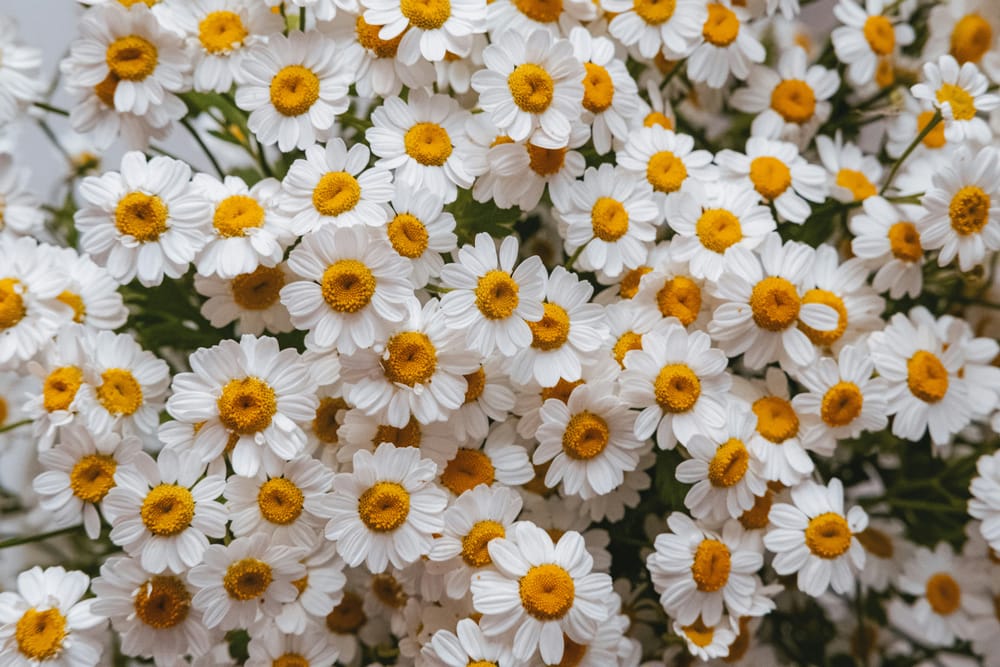In this episode soon-to-be Witch Doctor Marcellite Failla sends a loving f*ck you to the academy; shares stories from her childhood experiences using Witchcraft to resist racism and conjure teen love; opens a window into the philosophy, activism, healing, and gathering spaces of Black Witchcraft; and Risa and Marcellite get pretty emotional about ancestral healing.
“Witch and witchcraft are terms that have been used to demonize African-derived religions and so people are very wary of it, understandably. They’ve been used to categorize whole categories of diasporic and traditional religion in order to colonize, enslave and extract resources. So even in scholars of African traditional and African-derived religions, there’s a hesitancy to use the term, Witch… But the reality is also that there is the large movement of Black Witches.”
“There’s this element of internal power, and that’s what I think the Black Witch is. The Black Witch is the Self. The religion is the structure through which the Self orients her practice.”
Marcelitte Failla is a Black and biracial educator, researcher, and scholar of African heritage religions in the United States and throughout the African diaspora. Through a Black feminist lens, her work explores how religions such as Yoruba Ifá, Haitian Vodou, and Hoodoo of the American South are used for collective healing and social justice. Failla is a Ph.D. candidate at Emory University whose dissertation investigates Black witchcraft and how practitioners employ its spiritual technology for manifestation, healing, and protection from anti-Blackness.
As a practitioner of both Ifá and Hoodoo, and a self-identified Black witch, Failla often holds ceremonial space in academic and community settings.



